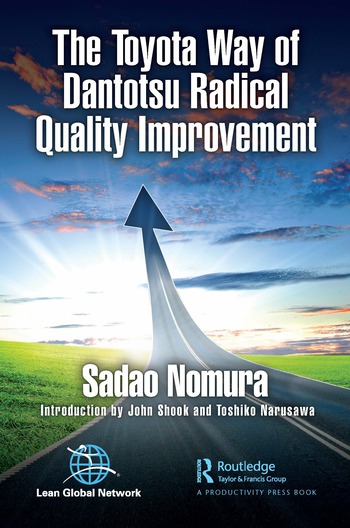In July, just prior to the Major League All Star break, I introduced you to The Mental ABCs of Baseball. Now that the pennant races are heating up, this seems like a good time to introduce the other baseball book found in the bibliography of Managing to Learn, Ya Gotta Have Wa by Robert Whiting (Whiting, Robert, You Gotta Have Wa, New York: Vintage Books, 1990). Red Sox fans especially may find it insightful, with all the controversy surrounding Dice-K this year.
Whiting wrote two books about Japanese baseball. The other, The Chrysanthemum and the Bat is actually my favorite, and is one of my favorite books about Japan, but is very hard to find. You Gotta Have Wa was the basis of the Tom Selleck movie “Mr. Baseball” so will be much easier for you to locate. And the themes and even much of the content of the two books is essentially the same.
There are more books that try to describe, explain, analyze, interpret Japanese culture and society than there are even about lean. Most either oversimplify (and over-criticize or over-praise) or dive so deep into arcane social-cultural historical hair-splitting as to be inaccessible to all but the experts.
Whiting’s two books, though, explain almost all of the intricate dynamics of Japanese society that you need to know to understand the cultural underpinnings that gave rise to the birth of the Toyota Production System in Mikawa Japan. But, Whiting explains it all through the lens of baseball, with funny and hard-to-believe anecdotes.
Baseball was transplanted from the U.S. to Japan during the period of mass cultural infusion of Japan’s Meiji Era. This was when Japan (at gunpoint) ended its almost 300 year period of self-imposed isolation from the world. By the 1950s, baseball had become thoroughly “Japanized”. Baseball in Japan looks the same on the surface as its American forerunner, but the differences are many and illuminating. You may note elements of the Japanization of baseball that represent the reverse situation we face in our challenge of adopting/adapting TPS for our American or other cultural environments.
Here are a few gems from the book:
“By the time Japanese professional baseball had celebrated its fiftieth anniversary, it had become a mirror of Japan’s fabled virtues of hard work and harmony, and a game that was barely recognizable to Americans.”
“This isn’t baseball,” grumbled former Dodger Reggie Smith after his first season as a Tokyo Giant. “It only looks like it.”
“Training isn’t just supportive of playing well in the game: ‘Training is a religion’.”
I invite you to read either of Whiting’s books with an eye to, first, gain an insightful look into Japan and how things work there and, secondly, to ponder the reverse transplantation dynamics – perhaps you can find some hints to help with your own situation. Whiting’s books are fun, insightful and often hilarious. No less an authority than David Halberstam agrees with me:
“Far more than a sports book – What you read is applicable to almost every other dimension of American-Japanese relations.”
Whiting defines “Wa” as meaning “unity and team spirit”. Usually it’s translated in English as “Harmony”. The original name of Japan the country (the name they gave themselves) was “Big Harmony”. Possibly the best anthropological work on Japanese business was an ethnographic study of a bank, called “For Harmony and Strength”, which author Thomas Rohlens borrowed from the banks motto. What’s interesting is that, whether baseball or Rohlens’ bank or Toyota, harmony isn’t something that the group is born with, it’s a desired state to be worked toward. If they were born they way, why would they have to train so hard to get there?
john
John Shook
Senior Advisor
Lean Enterprise Institute, Inc.






